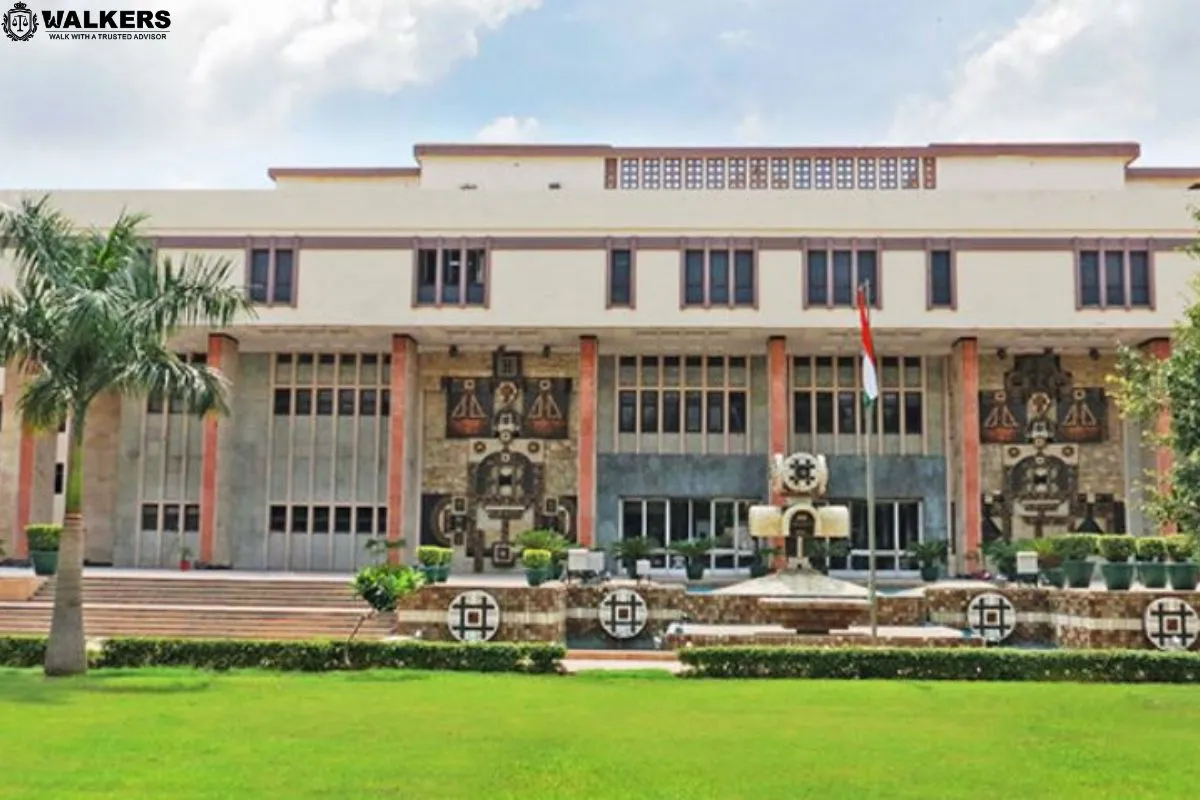


.
Delhi High Court has recently ruled against a petition claiming that a significant number of questions in the Union Public Service Commission's (UPSC) Civil Services Aptitude Test (CSAT) held in May were beyond the prescribed syllabus. The case of Siddharth Mishra & Ors v. Union Public Service Commission involved a challenge to the selection of questions, asserting that some were at the level of Class XI and XII, rather than in alignment with the intended syllabus for the examination.
The Court's decision underscored that the responsibility for choosing questions for an examination resides exclusively with a panel of academic experts. The Court, comprising Justices V Kameswar Rao and Anoop Kumar Mendiratta, emphasized that judicial review cannot be invoked solely based on the argument that certain questions were outside the syllabus or of a higher academic level.
The Court noted, "The only ground set up by the petitioners to attack the question paper is that some questions were of Class XI & XII level. Suffice it to state, the decision as to what questions need to be included in the paper, and what should be the nature and complexion of such questions, necessarily remains in the exclusive domain of the panel of academic experts."
The original petition challenged a ruling by the Central Administrative Tribunal (CAT) issued on August 4. The CAT had rejected a plea by aspiring civil servants to lower the cut-off for qualifying in General Studies Paper II of the CSAT from 33 percent to 23 percent.
The core contention presented before the Tribunal was that the CSAT syllabus was designed to be at the level of Class X. However, the presence of questions related to complex topics like permutations and combinations, which are not part of the Class X curriculum, raised concerns. The petition further argued that some questions resembled those found in engineering entrance exams like the IITs.
In response, the UPSC defended its question paper, citing the involvement of a committee of subject matter experts who meticulously crafted the questions. The UPSC maintained that challenging their expertise and knowledge in a legal setting through judicial review was unfounded.
During the High Court proceedings, the counsel representing the aspirants contended that there was a lack of a level playing field for humanities background candidates compared to those with a science background. However, upon closer examination, the Court found that several of the petitioners had backgrounds in engineering and mathematics.
In light of this, the Court rejected the argument of unequal footing and observed, "If that be so, the case set up by the petitioners that they did not have a level playing field in the CSAT Exam, cannot be accepted."
In its final verdict, the Court concluded that it cannot supersede the decisions made by a panel of academic experts unless such decisions were proven to be egregiously arbitrary, malicious, or illegal – which was not the case at hand.
The petitioners were represented by Advocates Saaket Jain and Shivangi Anand, while Advocates Naresh Kaushik, Shauryanker Kaushik, and Shikha John appeared on behalf of the UPSC.
Click Here to: Download/View Related File
TAGS: Delhi High Court petition UPSC Civil Services Aptitude Test CSAT syllabus academic experts judicial review Class XI Class XII level panel Central Administrative Tribunal CAT cut-off General Studies Paper II complex topics permutations and combinations engineering entrance exams IITs subject matter experts level playing field humanities background science background verdict Advocates Saaket Jain Shivangi Anand Naresh Kaushik Shauryanker Kaushik Shikha John.